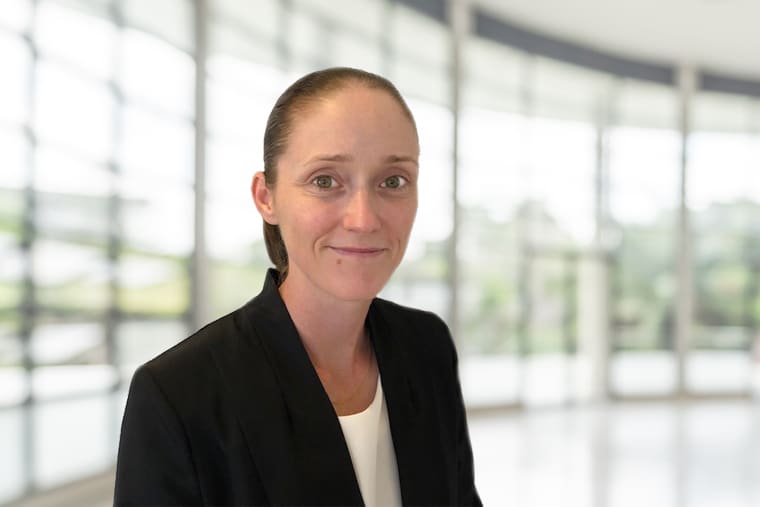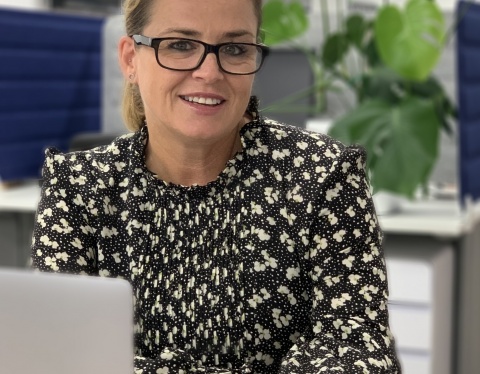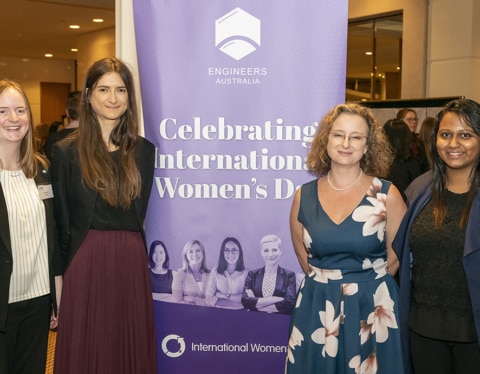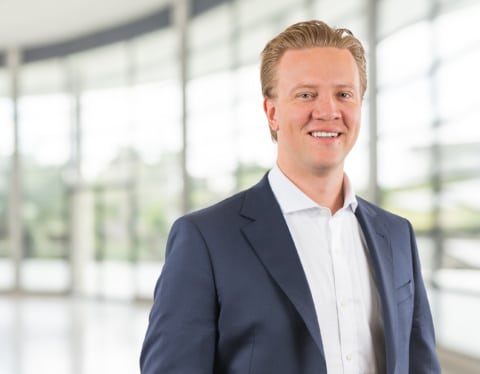Diversity leads to innovation, creativity, and success
Diversity in a team can be a competitive advantage for an organisation. More so, for a consulting firm like Systematiq that thrives on innovation and is often looking for ways to pivot from delivering cookie cutter responses to delivering bespoke client solutions.
We continue to identify that the strength of a consulting firm like ours lies in being able to attract a workforce that is diverse and brings a new perspective to every client project that we work on.
Alisa Penny joined Systematiq last year as a Training and Development consultant after having spent over 19 years in the army and 3 years with the Queensland Police.
“I joined Defence straight out of school. I was always keen to join the Army since a young age. I joined as a store person and did that for a couple of years after which I was transferred to military police in 2003.
During my time there, I specialized in dignitary protection and consequently in 2005, I was deployed to Iraq where I spent 4 months. Soon after I was made a part of the closed protection team that was responsible for the protection of the Australian Ambassador in Iraq.
Working in a different country with people from other embassies was very interesting. It enabled me to gain different insights and allowed me to travel everywhere, which was great,” reflects Alisa.
Pushing the boundaries for career growth
After spending time in Iraq, Alisa got back to Australia and was posted within the Defence Force School of Policing in the role of an instructor in the Police Training Wing. She then went on to take the role of a Training Designer for the Service Police at the Defence Command Support Training Centre (DCSTC) where she continued working for the next 4 years.
This marked a turning point in Alisa’s career where she realised her potential and passion for Training Design and wanted to explore different avenues within this field while stepping outside of her Army comfort zone.
Her next career move with the Queensland Police Service allowed her to work within the civilian community, build upon her military background and further her training skills.
Alisa continued working there for 3 years before taking on the role of a Training and Development Consultant with Systematiq.
The pursuit to keep learning
With every role that Alisa has taken on, she has learnt something in return that fueled her career in the Training and Development field.
Through the work she did in Defence and through the experience gained at DCSTC, Alisa was able to pick up on soft skills such as formal communication and hard skills such as drafting Defence documents, adhering to defined processes and producing deliverables of a high standard.
As a training designer she learnt to be focused and how to multi-task clashing priorities. While as a police officer, she was thrown into the deep end, enabling her to problem solve and think outside the box.
“The advice I would give professionals making the transition from army to the corporate sector is don’t discount the skills you’ve developed in the army. Skills such as communication, understanding of Defence processes and the development of a strong work ethic will really help when taking on roles in the civilian work environment. Each of these skills will enable you to add value to the organisations you end up working for,” says Alisa.
Understanding Defence processes and adding value to client projects
As a Training Designer, Alisa has predominately worked in the Design and Development phases of the Systems Approach to Defence Learning (SADL). Her various levels of exposure to SADL has enhanced the way she comes up with client solutions.
For instance, when applying the SADL process to the Design phase, she has developed learning solutions that are directly related to improving the skills, knowledge, attitudes and behaviours required for Defence capability, or any other capability that the solution is being designed for.
In the Development phase, she has been able to use the training systems model to meet workplace needs, by designing and developing innovative and customised learning support materials (course content, assessment tools, facilitator/instructor guides and associated materials) in a variety of formats, both online and offline.
At Systematiq, our team members understand the different versions of the SADL and the improvements it has been through over the years. This understanding helps us offer solutions to clients in the format that is expected by Defence.
“The other value that we add is through the innovation and the broader industry experience that the team brings to each project. The innovation and the perspective of the Defence industry allows us to offer our clients the best solutions”, adds Alisa.
Alisa continues to push the boundaries and looks at every opportunity that lies outside of her comfort zone as ‘a good challenge’. ‘Upskilling’ and ‘preparation’ is how she moves forward to achieve success.
Opportunities to share Systematiq’s diversity
Are you looking for your next big challenge? Systematiq offer transition pathways to ex-Defence members who are looking to move into the private sector.
We’re always keen to talk to people who want to grow their skills and experiences. Joining Systematiq can expose you to a whole range of industries and help you develop your existing skillset into new career pathways and growth opportunities not only in the Defence sector, but rail, transport, infrastructure, and other manufacturing industries.
Systematiq relies on the ability of our team members to draw from their diverse backgrounds and work experience and tailor solutions that are bespoke and exclusive to the client problem being solved.
The innovation, diversity, and the breadth of perspective that our team brings to client projects and the way we challenge the convention is what helps us achieve success in the work we do.
To see how our subject matter experts can help your business take on and complete Defence related projects, contact us.





